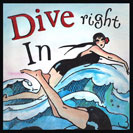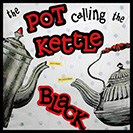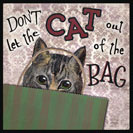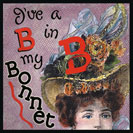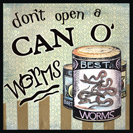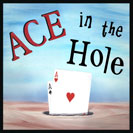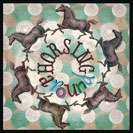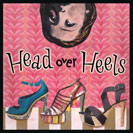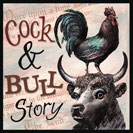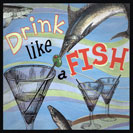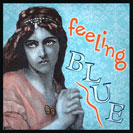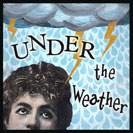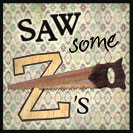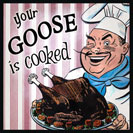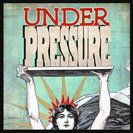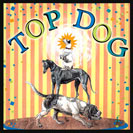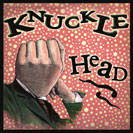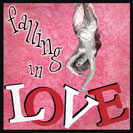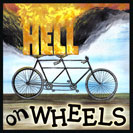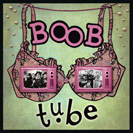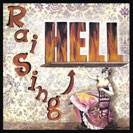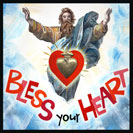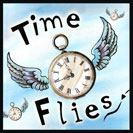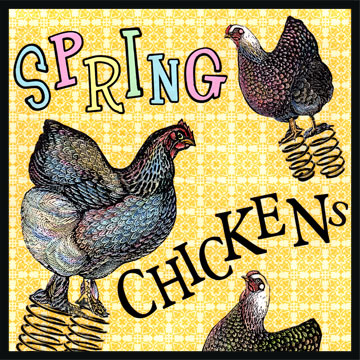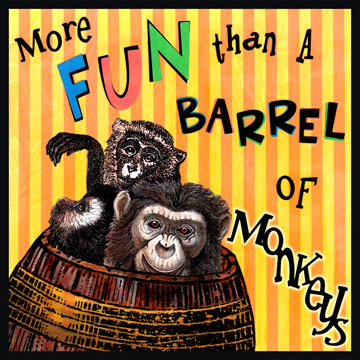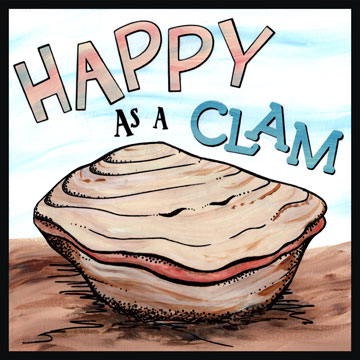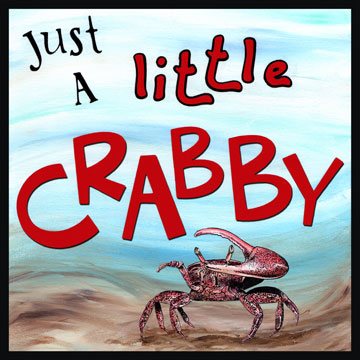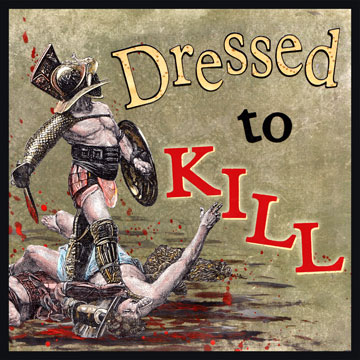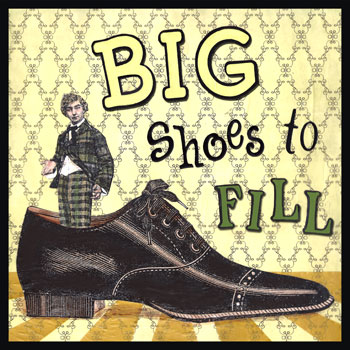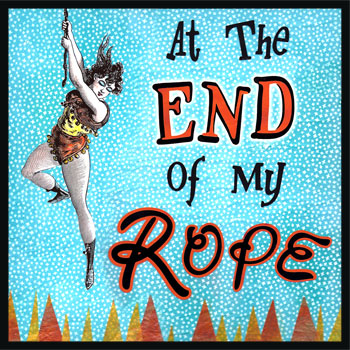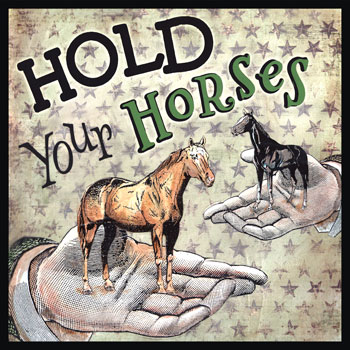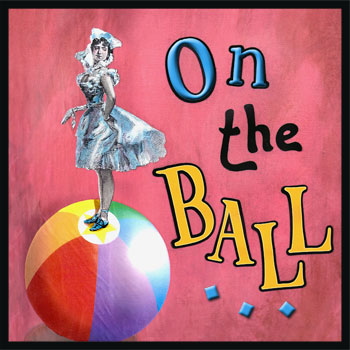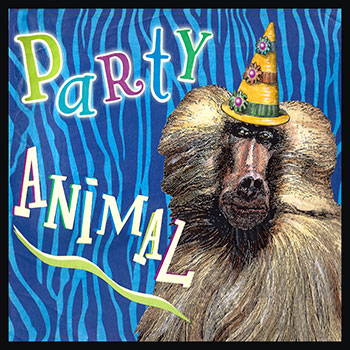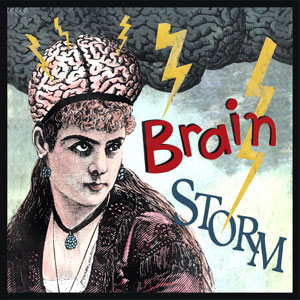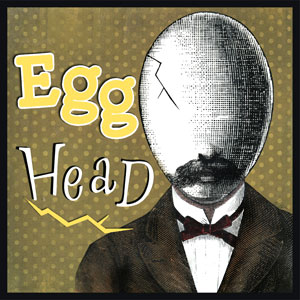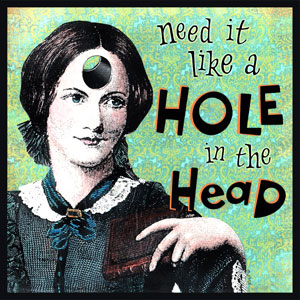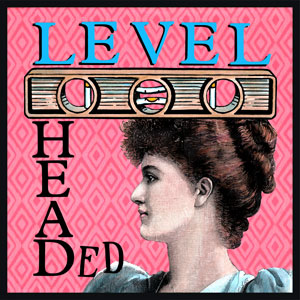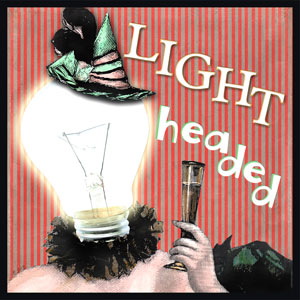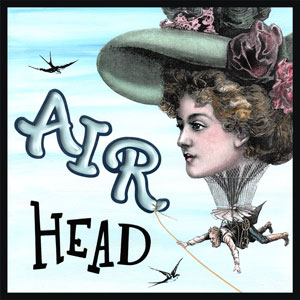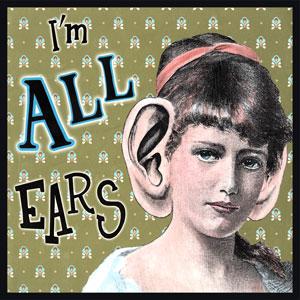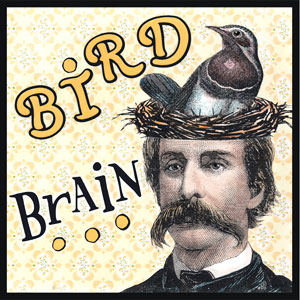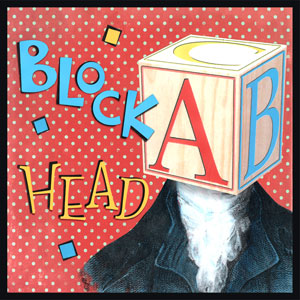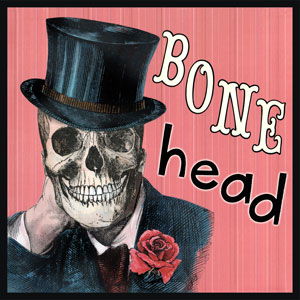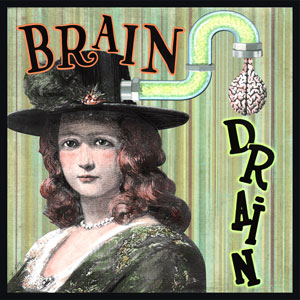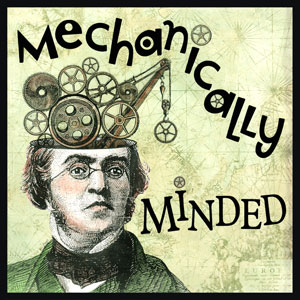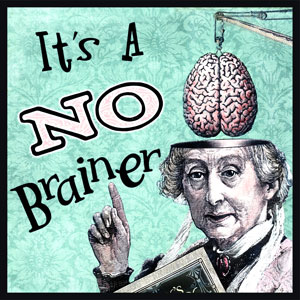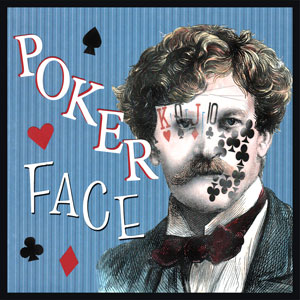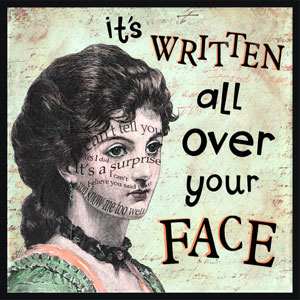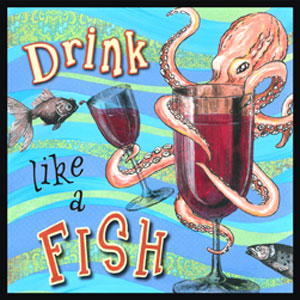idiom art & gifts
For more info call: 707-616-6309
or
Idiom Gallery
Over 100 idiom designs to choose from! All designs are available in cards and prints, and many designs are listed on their gift page. See images below for details. Click on image for larger version. Hover over the image for the meaning and history of the idiom.
1 - Alphabet Soup
Available in
Framed Tiles
2 - Apple of my Eye
4 - Butterflies in my Stomach
5 - Big Fish in a
Small Pond
6 - Button your Lip
7 - Casting Pearls Before Swine
8 - Caught with your Pants Down
Also vailable in Mugs
9 - Chicken Feed
10 - Copy Cat
11 - Don't Count your Chickens
12 - Dropping Like Flies
19 - Nest Egg
20 - Over my Head
21 - Pie in the Sky
22 - Pretty Kettle of Fish
14 - Heart of Gold
17 - Lucky Charm
25 - Whale of a Time
Also available in
Name drop available.
30 - Pea-Brain
29 - Cash Cow
31 - It's a Small World
32 - Half-Ass
33 - Blow Your Mind
Also available in
Mugs & Framed Tiles
Name drop available.
34 - On Top of the World
Available in
Coaster Set
36 - The Big Cheese
Available in
Cutting Boards,
Coaster Set, Framed Tiles & Magnet Sets
35 - Social Butterfly
Available in
Mugs, Coaster Set &
Magnet Set
37 - 3 Dog Night
38 - Red Herring
39 - Go Bananas!
40 - Hats Off!
42 - Pennies from Heaven
41 - Baby Steps
43 - Goody Two-Shoes
44 - Toot Your Own Horn
45 - 2 Peas in a Pod
46 - A Stitch in Time
48 - Juggling Life
Available in
Mugs
47 - Reach for the Stars
49 - The Pot Calling the Kettle Black
50 - Snail Mail
51 - Drama Queen
Available in
Mugs
52 - The World is your Oyster
Available in
Mugs, Cutting Boards,
Coaster Set, Magnet Set & Framed Tiles
54- Dive Right In
Available in
Mugs, Cutting Boards, Coaster Set, Magnet Set & Framed Tiles
53 - Left High and Dry
55 - Head Over Heels
Available in
Coaster Set
56 - Don't Let the Cat Out of the Bag
Available in
Coaster Set
57 - I've a Bee in my Bonnet
58 - Don't Open a Can of Worms
60 - Horsing Around
59 - Ace in the Hole
61 - Your Goose is Cooked
Available in
Coaster Set
62 - A Cock & Bull Story
63 - Drink Like a Fish
Available in
Mugs, Cutting Boards,
Coaster Set, Magnet Set & Framed Tiles
64 - Feeling Blue
66 - Saw some Z's
65 - Under the Weather
68 - Boob Tube
69 - Under Pressure
70 - Top Dog
71 - Knuckle Head
73 - Hell on Wheels
72 - Falling in Love
74 - Raising Hell
67 - Bless Your Heart
75 - Time Flies
Check back for new idioms!
76 - Spring Chickens
77 - More Fun Than a
Barrel of Monkeys
78 - Happy as a Clam
79 - Just a Little Crabby
80 - Home Sweet Home
81 - Dressed to Kill
82 - Big Shoes to Fill
83 - At the End of my Rope
84 - Hold your Horses
85 - On the Ball
86 - Party Animal
All Idiom art and designs © Idiom Art And Gifts - Lori H Barrett 2009-2015.
All Rights Reserved. Federal Copyrights strictly enforced!
93 - Brain Storm
94 - Egg Head
95 - Need it like a Hole in the Head
96 - Level Headed
97 - Light Headed
NEW!
87 - Air Head
88 - I'm All Ears
89 - Bird Brain
90 - Block Head
91 - Bone Head
NEW!
NEW!
NEW!
NEW!
92 - Brain Drain
98 - Mechanically Minded
NEW!
99 - It's a No Brainer
100 - Poker Face
101 - It's Written all Over your Face
NEW!
NEW!
NEW!
NEW!
NEW!
NEW!
NEW!
NEW!
NEW!
NEW!
NEW!
NEW!
NEW!
NEW!
102 - Drink Like a Fish (wine)
NEW!

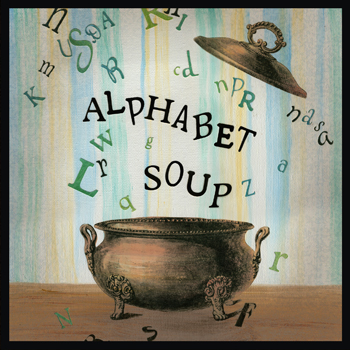
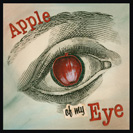
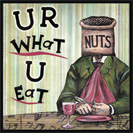
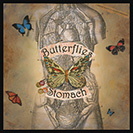
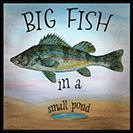
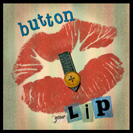
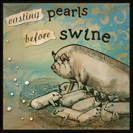
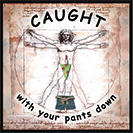
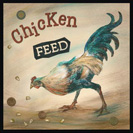
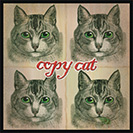
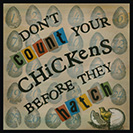
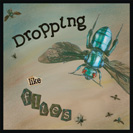
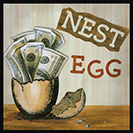
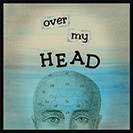
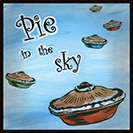
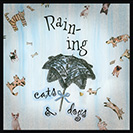
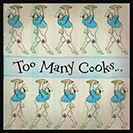
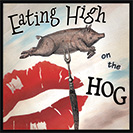
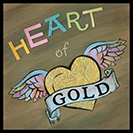
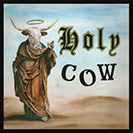
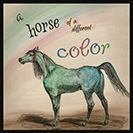
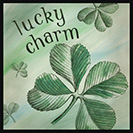
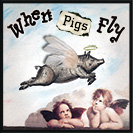
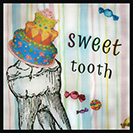
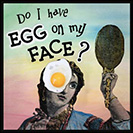
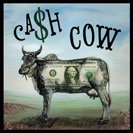
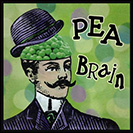
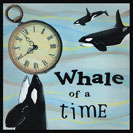
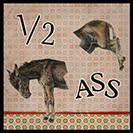
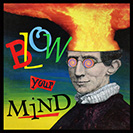

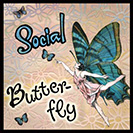
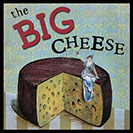
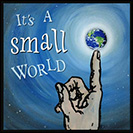
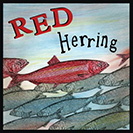
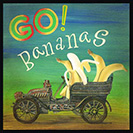
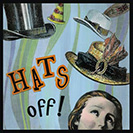
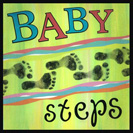
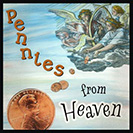
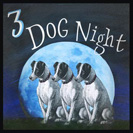
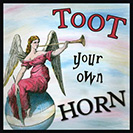
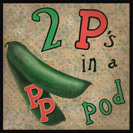
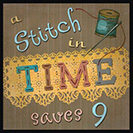
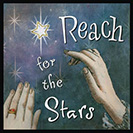
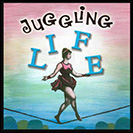
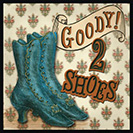
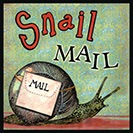
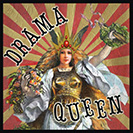
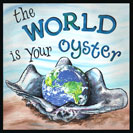
![Left High & Dry - To be left without any help at all. It is a nautical term which stems from a ship being left grounded on a low tide. With the ship in this condition, the captain was powerless to resolve his situation until the tide returned and refloated his ship. This term originally referred to ships that were beached. The ‘dry’ implies that, not only were they out of the water, but had been for some time and could remain so. It was used in a ‘Ship News’ column in The [London] Times, August 1796: The Russian frigate Archipelago, yesterday got aground below the Nore at high water, which; when the tide had ebbed, left her nearly high and dry.” Left High & Dry - To be left without any help at all. It is a nautical term which stems from a ship being left grounded on a low tide. With the ship in this condition, the captain was powerless to resolve his situation until the tide returned and refloated his ship. This term originally referred to ships that were beached. The ‘dry’ implies that, not only were they out of the water, but had been for some time and could remain so. It was used in a ‘Ship News’ column in The [London] Times, August 1796: The Russian frigate Archipelago, yesterday got aground below the Nore at high water, which; when the tide had ebbed, left her nearly high and dry.”](idiom_all/high-and-dry-small.jpg)
